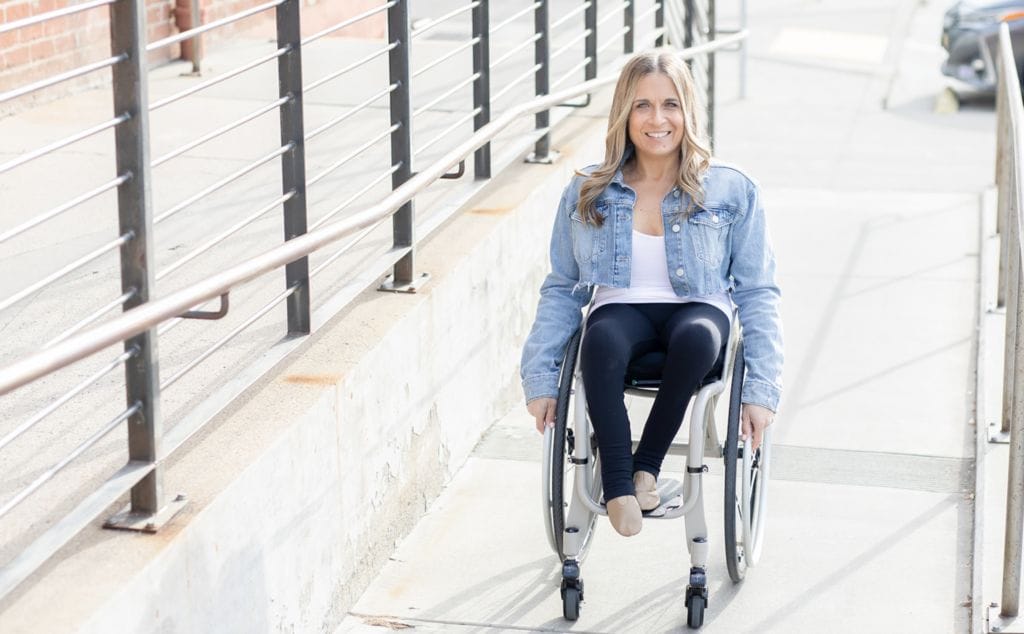
Disability inclusion is an active, intentional and meaningful participation of people with disabilities in all aspects of society and workplaces. It occurs by offering environments, policies, and practices that empower people with disabilities to fully participate in and contribute to society.
Disability inclusion removes physical, social, and attitudinal barriers that prevent people with disabilities from accessing things like education, employment, public services, and opportunities. It does this by building accessible environments, opening discussions and communications about it, creating assistive technologies, and necessary accommodations.
Disability inclusion programs promote:
?? Positive attitudes towards people with disabilities
?? Disables ableism, stereotypes and negative stigmas
?? Ensures that people with disabilities have a voice in decisions that affect their lives and others
?? It promotes diversity, innovation, creativity, and enhances the social experience
?? It creates a powerful community of resilience
Disability inclusion programs are essential to finding success in creating a more equitable, diverse, and inclusive society/workplace.